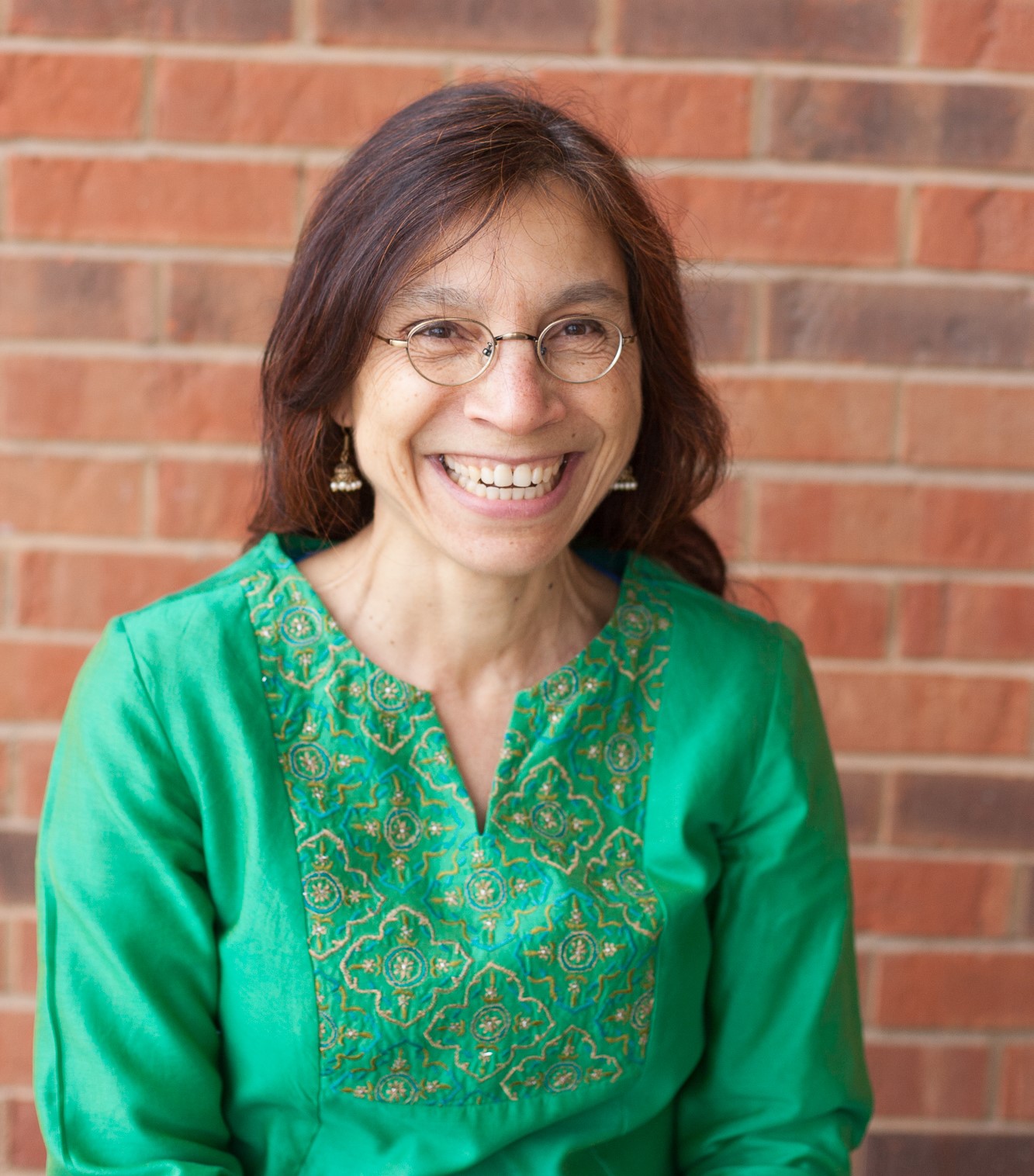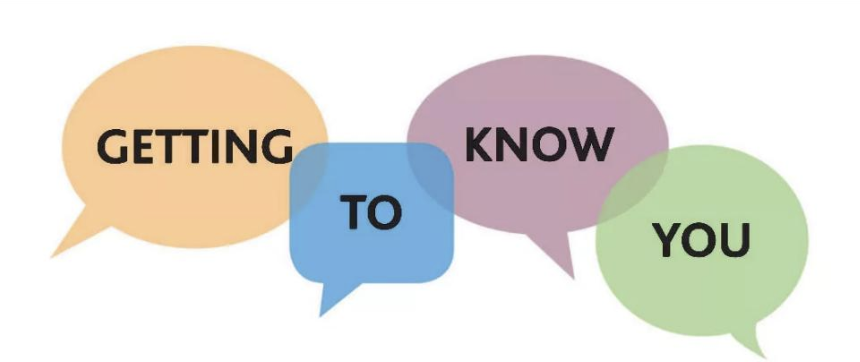A day in the life of Richard Rhodes Sr., Afghanistan War Veteran
Steph Stough
– Art & Life Editor –
A double Whopper with cheese and a large chocolate shake is what STLCC-Meramec student Richard Rhodes Sr. said he missed the most while serving four and a half years overseas.
“You just couldn’t get that over there,” he said while laughing, “and of course, I missed my children.”
Rhodes describes himself as family-oriented; he has four kids: Richardo, 24: Brandi, 19: Richard Jr., 17: and Celeste, 15; two grandkids and a one-year-old Shih-Tzu named Nacho Libre.
“My favorite part of being a dad is knowing that my children know that they can come to me,” Rhodes said. “When I look into my children’s eyes, and when I hear them talking about me, I hear them being proud of what I did for my country.”
Rhodes, an Afghanistan war veteran, returned to his children and life at home from his second tour of active duty in Afghanistan in 2006, and this semester is his first at Meramec. Although he said that it’s been hard adjusting to life back in the United States, what Rhodes learned in Afghanistan is something he wants to share with everyone.
“I have a real love for the American life: a true love. I want people to appreciate the life they have because it can be taken away so quickly.” Rhodes said, “The death, the chaos and the gore that I have witnessed, you can’t possibly imagine. I just want to help people to appreciate the life that they have.”
Rhodes was medically discharged in October of 2007 from the Army. He also spent six years in the United States Marine Corps and then three years in the Missouri National Guard where he was wounded in action. Because of his experiences in Afghanistan, Rhodes came back more appreciative of his homeland.
“The first thing I did when I got back was kiss the ground,” Rhodes said. “When you are over there, you see so much and you do so much. The images ring in your head. So, the first thing I wanted to do was kiss the ground and thank God for America because this is a blessed country.”
Rhodes said he joined the Marine Corps as soon as he graduated high school in 1983 to live up to his full potential.
“As a young kid, I wanted to be the best. I grew up in an abusive home, and I needed a way out, and the Marine Corps was my way. I’ve always been the kind of person that likes to be with the best organization possible, and that’s why I chose the Marine Corps,” Rhodes said.
He completed his training at Marine Corps Recruit Depot in San Diego and was sent to Lebanon after the U.S. Embassy was bombed. Rhodes said that he felt the same way going to Afghanistan as he did first going to Lebanon.
“I just graduated from infantry training school and was sent to Lebanon so I was scared to death. I experienced the same feeling when we were told we were mobilizing to go to Afghanistan,” he said.
Within Rhode’s time in the armed forces, he has always been enlisted as active duty. He said his role while in Afghanistan was in infantry as a gunner on operations in provinces.
“Basically we did control missions, military tactile missions in and out of civil provinces in East and West Afghanistan,” Rhodes said.
When Rhodes went to investigate damages made to an American-built school by the Taliban in Khost, Afghanistan, Rhodes and his unit were bombed in their Humvee.
“I was literally blown out of the Humvee, and I landed on my head, and I suffered traumatic brain damage,” Rhodes said.
After returning home, Rhodes spent more than a year in rehab to recover and was diagnosed with post traumatic stress disorder, a disorder that affects some war veterans. He said he saw that people weren’t appreciating their lives and even wanted to return back to war.
“When I first got back, I spent six weeks in the mental ward because I was diagnosed with post traumatic stress disorder, and I struggled with that big time. That’s why it took me a year or two of rehab. When I came back, I saw was civilians of our country taking life for granted,” Rhodes said. “The smallest things over here are huge to people over there. There are people living in mud huts, kids walk to school, and women have no rights over there. When I come back here, I listen to what people are saying and I got so angry because I just couldn’t deal with the lifestyle here. I wanted to go back.”
In an effort to reintroduce Rhodes to American culture, his counselors recommended that he slowly expose himself to the culture by going back to school and using that environment to slowly amalgamate himself.
Rhodes is going to school full-time and intends on working for the two-year mass communications degree.
“I would like to go into broadcasting; some form of media. Right now, the government is really big with supporting the troops and pushing us to go back to school, and that’s what I chose to do. I’m still a little nervous about big places and big universities since I’m still in my adjusting period. Meramec is right here. I live in Eureka, and it’s the perfect timing. Right now, I am excited. This is new for me,” Rhodes said.
Rhodes said he is still getting used to the motions of everyday life and is taking his time. He said he hopes to use his degree to help other veterans adjust back to the American life just like other veterans helped him get through it when he was struggling the most.
“As I sit back, I think, ‘What can I do to communicate with people to make them truly understand the life that we have?’ I want to say , ‘If I did it, you can do it. Don’t allow yourself to get pulled down by the drinking and the drugs. Been there, done that, got a T-shirt. Come on, you can do this.’”











